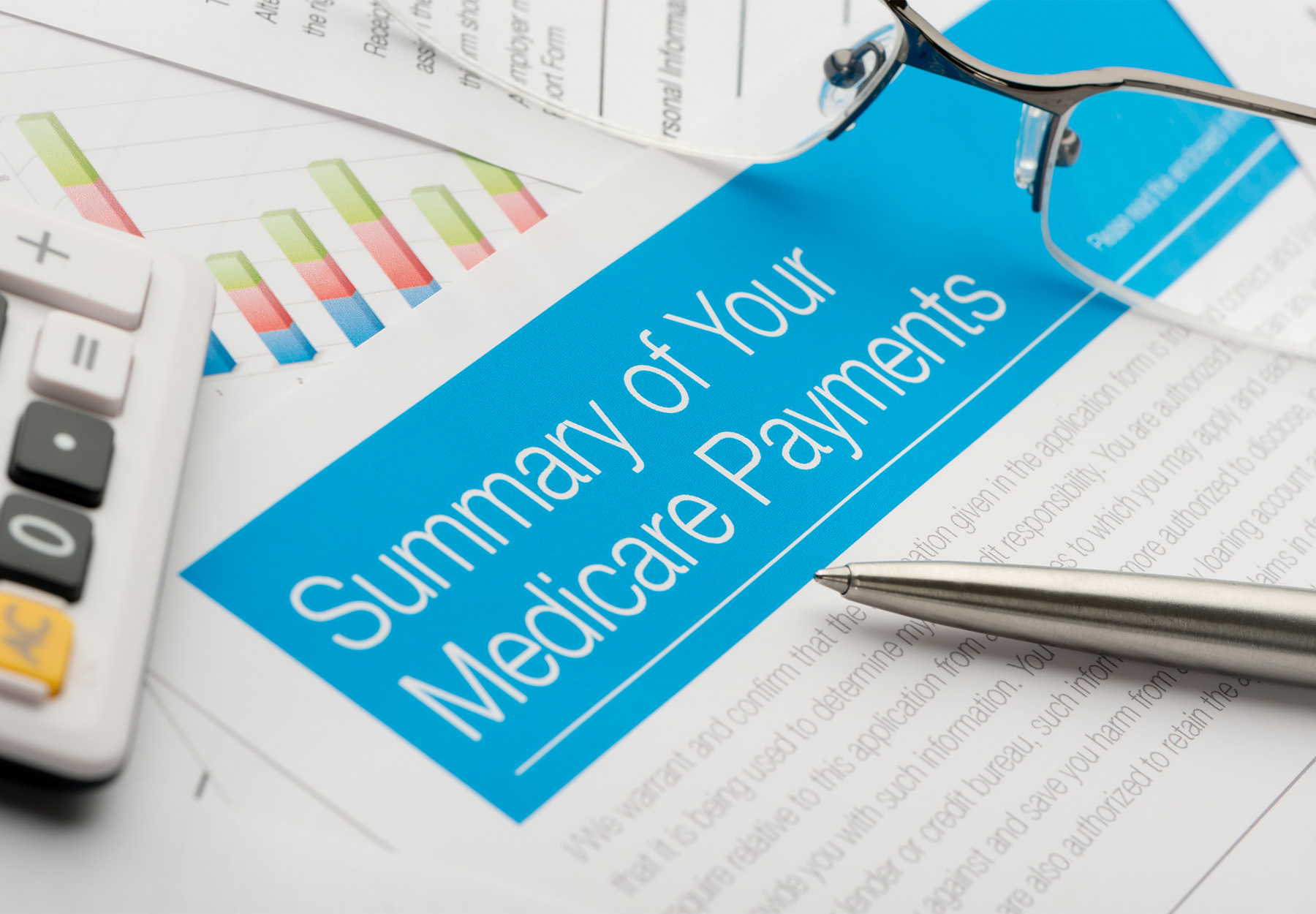OIG Makes Changes to Self-Disclosure Protocol for Overpayments
What would you do if you discovered that your lab inadvertently received Medicare payments to which it wasn’t entitled? Almost as a reflex, the answer to that question should involve consideration of whether to seek more lenient treatment under the Provider Self-Disclosure Protocol (SDP). Just be aware that on Nov. 8, the OIG revised the SDP, which now has a new name, the Health Care Fraud Self-Disclosure Protocol. What the SDP Does First published in 1998, the SDP lays out a framework and process for labs and other providers to voluntarily disclose and resolve self-discovered overpayments, improper Anti-Kickback Statute (AKS) violations and other acts of potential fraud involving federal government health programs. According to the OIG, “self-disclosure gives persons the opportunity to avoid the costs and disruptions associated with a government-directed investigation and civil or administrative litigation.” The OIG has modified the SDP several times over the years, most notably in April 2013 when the agency added substantial new guidance on how to assemble the content included in disclosures and transparency into the process the agency uses to resolve matters disclosed. SDP Disclosure’s Impact on Criminal Liability While less impactful than the 2013 changes, the new 2021 revisions include a […]

What the SDP Does
First published in 1998, the SDP lays out a framework and process for labs and other providers to voluntarily disclose and resolve self-discovered overpayments, improper Anti-Kickback Statute (AKS) violations and other acts of potential fraud involving federal government health programs. According to the OIG, “self-disclosure gives persons the opportunity to avoid the costs and disruptions associated with a government-directed investigation and civil or administrative litigation.” The OIG has modified the SDP several times over the years, most notably in April 2013 when the agency added substantial new guidance on how to assemble the content included in disclosures and transparency into the process the agency uses to resolve matters disclosed.SDP Disclosure’s Impact on Criminal Liability
While less impactful than the 2013 changes, the new 2021 revisions include a number of significant provisions. Perhaps the most notable change involves how self-disclosure to the OIG under SDP affects a lab’s potential criminal liability for the matter disclosed. Old SDP: OIG stated that it would coordinate with the DOJ and “advocate that the disclosing parties receive a benefit from disclosure under the SDP” in both civil and criminal matters. New SDP: OIG states that it will still advocate for a benefit in civil matters, but removes the same language with respect to criminal matters. OIG also notes that it will refer any disclosure of criminal conduct via the SDP to DOJ for resolution. Bottom Line: Don’t expect OIG to “help with” DOJ in criminal matters, regardless of how cooperative your lab is with the agency under the SDP.Other Notable SDP Changes
There are four other notable changes that may affect a lab’s decision to self-disclose and the process for doing so when opting to take advantage of the SDP.- Minimum Settlement Amounts Doubled
- From $50,000 to $100,000 for kickback related matters; and
- From $10,000 to $20,000 for all other matters.
- New Requirement to Itemize Damages
- Disclosing Parties under Corporate Integrity Agreements
- Online Submission Required
Subscribe to view Essential
Start a Free Trial for immediate access to this article